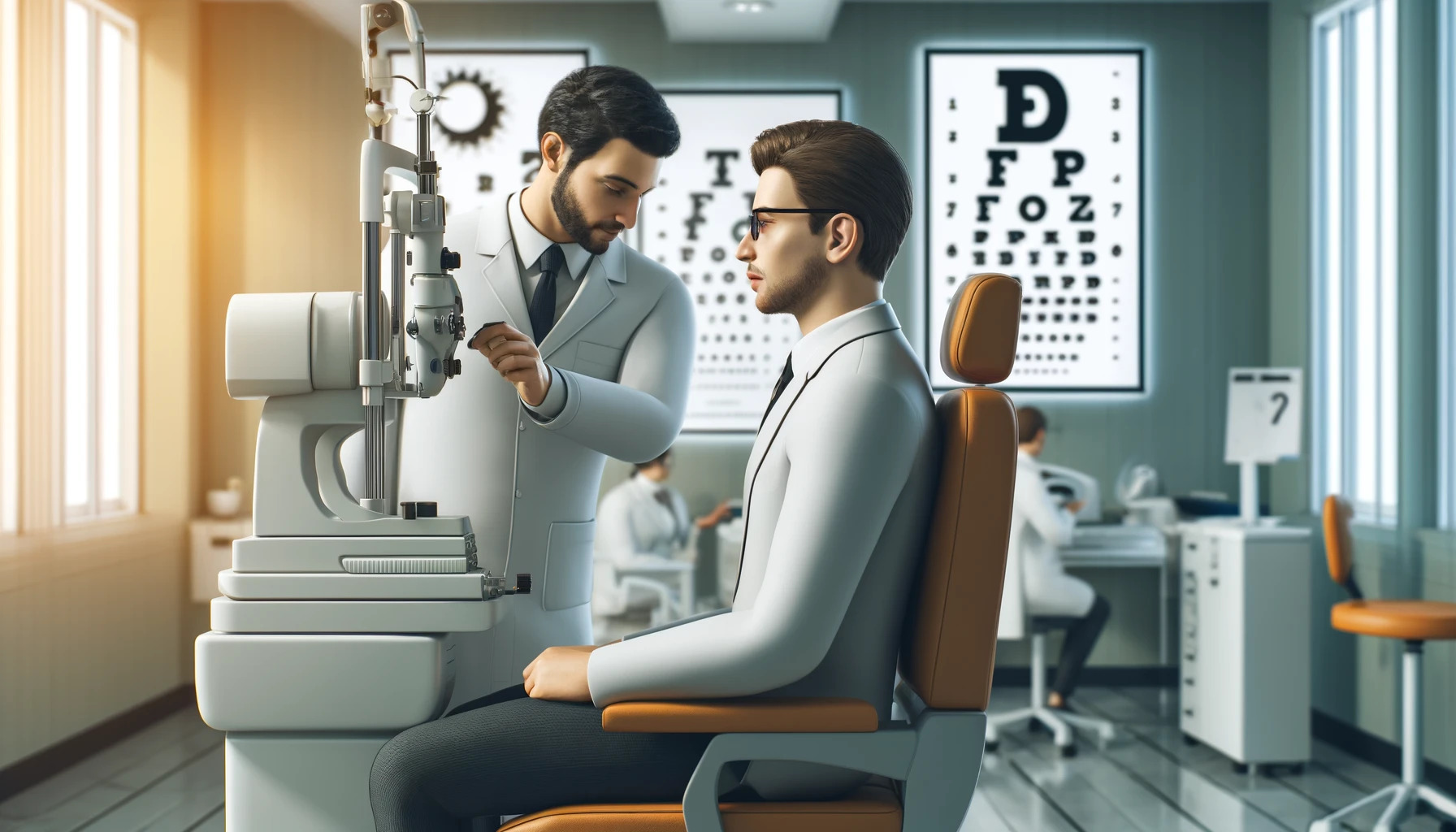Regular eye exams are crucial for maintaining optimal vision and overall eye health. They are not only about ensuring you can see clearly but also about detecting and preventing potential eye problems and systemic health conditions. Here’s why regular eye exams should be a part of your health routine.
1. Early Detection of Eye Conditions
Preventing Vision Loss
- Importance: Many eye conditions, such as glaucoma, macular degeneration, and diabetic retinopathy, develop gradually and may not present noticeable symptoms in their early stages.
- Benefit: Regular eye exams allow for early detection and treatment, which can prevent significant vision loss and improve outcomes.
Identifying Risk Factors
- Importance: Eye exams can identify risk factors for various eye diseases, including family history, age, and underlying health conditions.
- Benefit: Early identification of these risk factors enables proactive management and monitoring to reduce the risk of developing serious conditions.
2. Monitoring Existing Eye Conditions
Tracking Progress
- Importance: For individuals with known eye conditions, regular exams are essential for monitoring the progression of the disease and adjusting treatment plans as needed.
- Benefit: Consistent monitoring helps manage symptoms effectively and preserve vision.
Updating Prescriptions
- Importance: Regular eye exams ensure that prescriptions for glasses or contact lenses are up-to-date.
- Benefit: Accurate prescriptions are crucial for maintaining clear vision and preventing eye strain and discomfort.
3. Detecting Systemic Health Issues
Uncovering Hidden Health Problems
- Importance: Eye exams can reveal signs of systemic health conditions, such as high blood pressure, diabetes, and cholesterol problems, as the eyes often reflect changes in overall health.
- Benefit: Early detection of these conditions through an eye exam can lead to timely treatment and better management of your overall health.
Assessing Overall Health
- Importance: Regular eye exams provide an opportunity for a comprehensive health assessment.
- Benefit: This holistic approach ensures that your eye health is considered in the context of your overall well-being.
4. Enhancing Quality of Life
Improving Vision
- Importance: Regular exams can address vision issues and enhance visual acuity, which is essential for daily activities and overall quality of life. Along with regular eye exams, consuming foods that improve eye health and vision, such as leafy greens and omega-3 rich fish, can support your overall eye health.
- Benefit: Clear vision improves safety, comfort, and efficiency in daily tasks such as reading, driving, and working.
Reducing Eye Strain
- Importance: If you spend long hours on screens or engage in activities requiring intense focus, regular eye exams can help manage and reduce eye strain. Incorporating a daily eye care routine, including taking regular breaks and using proper lighting, can further help reduce eye strain.
- Benefit: Proper eye care and adjustments to your vision prescription can alleviate discomfort and prevent further strain.
5. Ensuring Healthy Eyes for All Ages
For Children
- Importance: Eye exams are essential for detecting vision problems early in children, as they may not always be able to articulate their difficulties.
- Benefit: Early intervention can address issues such as amblyopia (lazy eye) and ensure proper visual development.
For Adults and Seniors
- Importance: As we age, the risk of developing eye conditions increases, making regular exams vital for maintaining eye health and adapting to changes in vision.
- Benefit: Regular check-ups help manage age-related conditions and maintain independence and quality of life.
Conclusion
Regular eye exams are a fundamental aspect of maintaining good eye health and overall well-being. They provide valuable insights into your vision, help detect potential problems early, and contribute to the management of systemic health conditions. Incorporating eye exams into your routine can lead to better vision, enhanced quality of life, and proactive health management.
